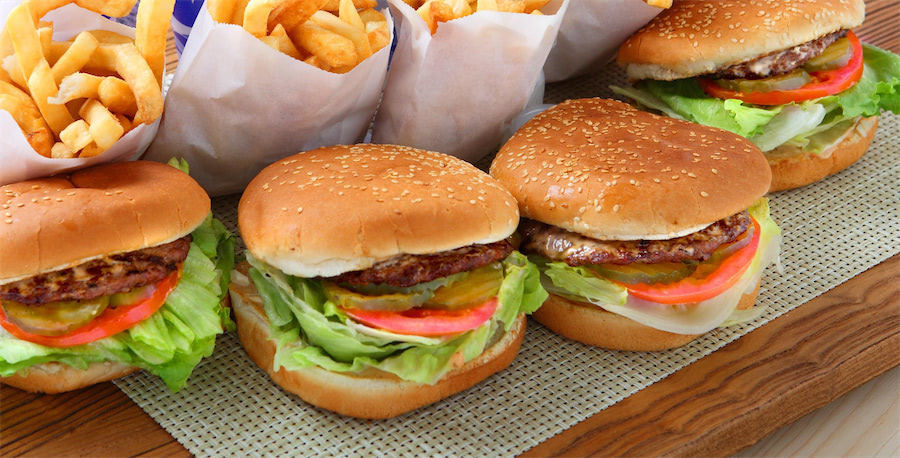
What is colon cancer?
Colon cancer, also known as colorectal cancer, occurs when cells in the colon or rectum begin to grow abnormally. There are two types: colon adenocarcinoma and colon polyps. Adenocarcinoma starts in glandular cells where colon polyps are non-cancerous growths that develop from flat cells along the colon's lining.
Colon adenocarcinoma is one of three major types of gastrointestinal tumors. It can metastasize (spread) quickly throughout the body, particularly the liver and lungs.
What causes colon cancer?
The exact cause is unknown, but researchers have found that certain factors may increase your risk.
Some risk factors include:
- Gender - men are more likely to develop it than women, according to the American Cancer Society.
- Age - It primarily affects people over the age of 50, though younger people can get it too.
This is especially true after age 50. - Family history - It runs in families, which means that if your family members have had it, you are at an increased risk for colon cancer. If several family members on both sides of your family have had it, this increases your chances even higher.
What are the symptoms of colon cancer?
The most common symptom is blood the stool, or floating stool (stools that are not firmly formed). Other symptoms include:
- abdominal pain
- bloating
- cramps
- diarrhea or constipation
- fatigue
Can certain foods cause colon cancer?
Some foods may contribute to it, but there is no conclusive evidence of this. It is more likely that if you eat these foods, the cancer will grow faster and in a different types:
- red meat (beef, pork)
- processed meats (bacon, ham)
- preserved or pickled vegetables (sauerkraut, kimchi)
- smoked fish and meat
What should you eat when you have colon cancer?
Research shows that vegans tend to have higher fiber intakes than non-vegans.
This means that they get more dietary fiber through their vegan diet. Vegetables and fruits are great sources of cancer-preventing nutrients like:
- Vitamin A (Beta-Carotene and Lycopene)
- Vitamin C
- Indole-3 Carbinol
Adding these foods to your prevention diet is a good idea. If you enjoy soy or safflower oil, make sure to stick with those as well since studies show that people who eat these oils tend to have lower cancer risks than those who don't.
If you have colon cancer or were recently diagnosed, contact your physician to find out the best colon cancer prevention diet for you. Remember that a colon cancer prevention diet comprises many factors, including exercise and maintaining a healthy weight.
